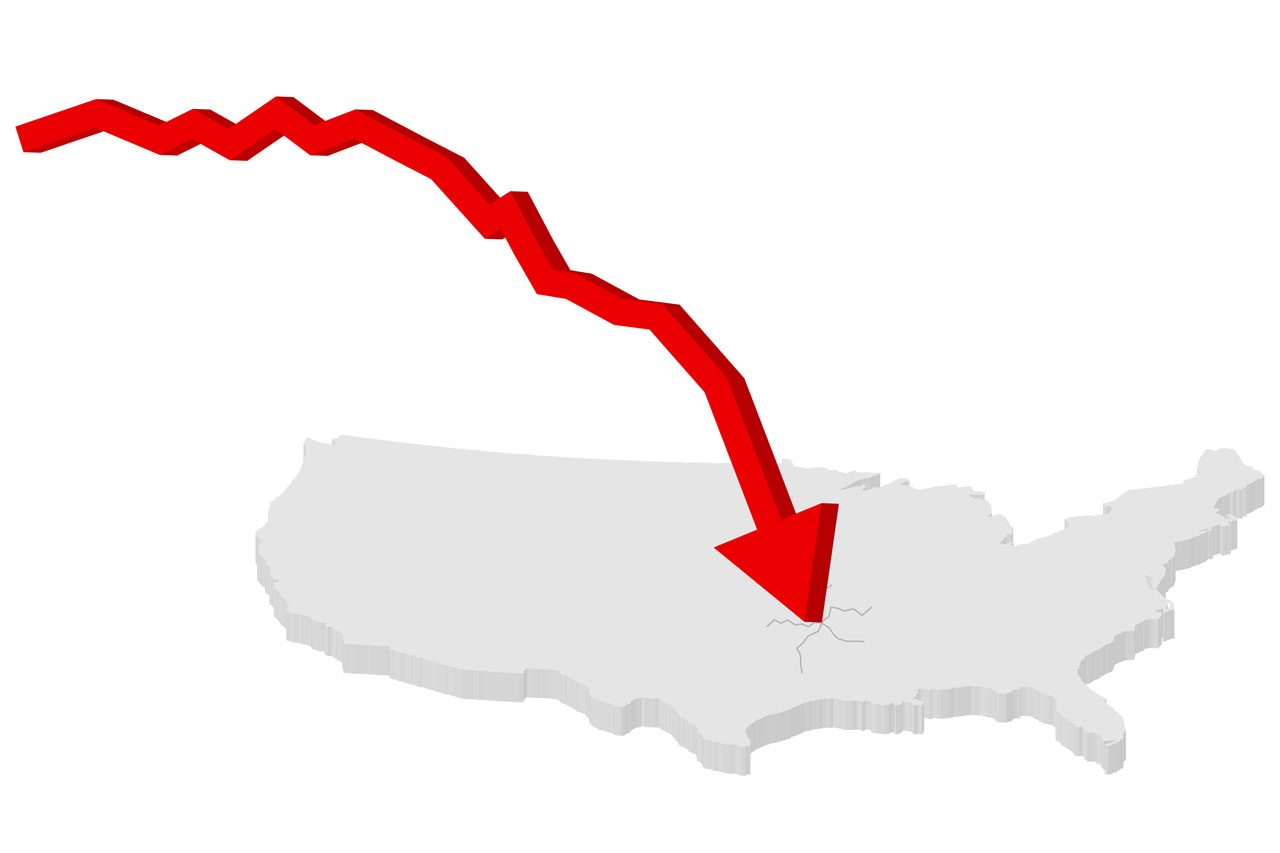Stocks continued their slide for an eighth week. Friday’s drop now brings the S&P 500 Index down 20% from its recent peak. We are officially in a Bear Market. Tech stocks, in the Nasdaq Index, are down over 30% and have already been in a Bear Market.
Investors have questions and want to know what to do next. I’m going to share five thoughts.
One. Predictions are a waste of time. I’ve spent too much time this past week, reading, listening, and watching “experts” suggest what will happen next. No one knows. Some say the bottom is in, others call for another 20% drop. Some say inflation is here to stay, some say we are already in a recession, other say stagflation. The challenge is Confirmation Bias. Are we really evaluating evidence with an open mind? Or are we only looking for evidence which confirms our point of view? Unfortunately, certainty is one thing which we do not get to have as investors. Luckily, we don’t need a crystal ball to be successful. We know what has worked over time: diversification, index strategies, and focusing on keeping costs and taxes low.
Two. Our Investment Themes for 2022 have been helpful. Year to Date: Value stocks are doing better than growth stocks. International stocks are doing better than US Stocks. Short-Term bonds and Floating Rate bonds have held up better than the Aggregate Bond Index. We are still down an uncomfortable amount, and that is to be expected. However, we are down less than our benchmarks across all our portfolio models. I am not ever happy about Bear Markets, but our asset allocation has been a positive factor.
Three. We are at a 52-week low in many stocks and indices. Look back over the last 10, 20, or 30 years of stock market history and find those 52-week low points. Going forward, were you better off selling those lows or buying those lows? Obviously, you would have done very well by buying historic 52-week lows and selling would have been a mistake eventually. Could the market go lower from here? Of course. We don’t know what will happen next, but market timing via selling 52-week lows has been a poor strategy historically.
Read more: Are We Headed For a Bear Market? (2015)
Four. We have made a few moves in our portfolio that I wanted to share. We sold some of our convertible bonds and replaced them with a Vanguard Commodities fund. This should help us reduce equity-like exposure and add an inflation hedge. We sold one emerging markets bond fund and replaced it with a newer fund (also from Vanguard) with a much lower expense ratio. We sold bond funds and replaced them with individual bonds, laddered from 1-5 years. Although interest rates may rise, we can hold bonds to maturity and receive back our par value. Overall, these trades do not drastically change our asset allocation. But we are always looking for ways to improve our holdings, even in modest, incremental ways. We are not ignoring the market, portfolios, or clients at this time.
Five. Patience. If you are a ways off from retirement, this is a great time to dollar cost average and be buying shares in your IRA, 401(k), or brokerage account. You make money in Bear Markets, you just don’t realize it until later. For those who are close to retirement, or in retirement, we are already diversified and have a withdrawal strategy that anticipates market volatility such as this. We are planning for the next 20-30 years. There will be multiple Bear Markets over your retirement. Although each Bear Market feels like a surprise, they are bound to happen. And like in 2020, we are using the current drop as an opportunity to rebalance portfolios and do tax loss harvesting.
Read more: Stock Crash Pattern (March 2020)
We’ve seen this before. We’ve been here before. Bear Markets are an unfortunate reality of being an investor. They stink and we would all prefer if markets only went up. When times are good, we need to invest with the knowledge that Bear Markets are inevitable. And then when Bear Markets do arrive, like Winter, we need to wait out the storms knowing that Spring will eventually return.
Ignore predictions. Our investment themes are on the right track. Don’t sell a 52-week low. Look for opportunities to make small improvements. Be patient and persevere. That is how we are responding to the Bear.






